Opening the gates
With the support of Atlas Carbon, the Coventry Field Day on 17 June featured a paddock walk, soil sampling demonstration and presentations from leading experts on soil carbon sequestration.
The day lifted the lid on how Tamworth farmers Jared and Suz Doyle are implementing strategies to enhance farm productivity and resilience, whilst delivering benefits for nature and the climate.
Speaking from the Field Day, Jared explained that one such strategy is management of the grazing movements of their 750 Angus breeders and seasonal trade cattle across the 2,300 hectare farm.
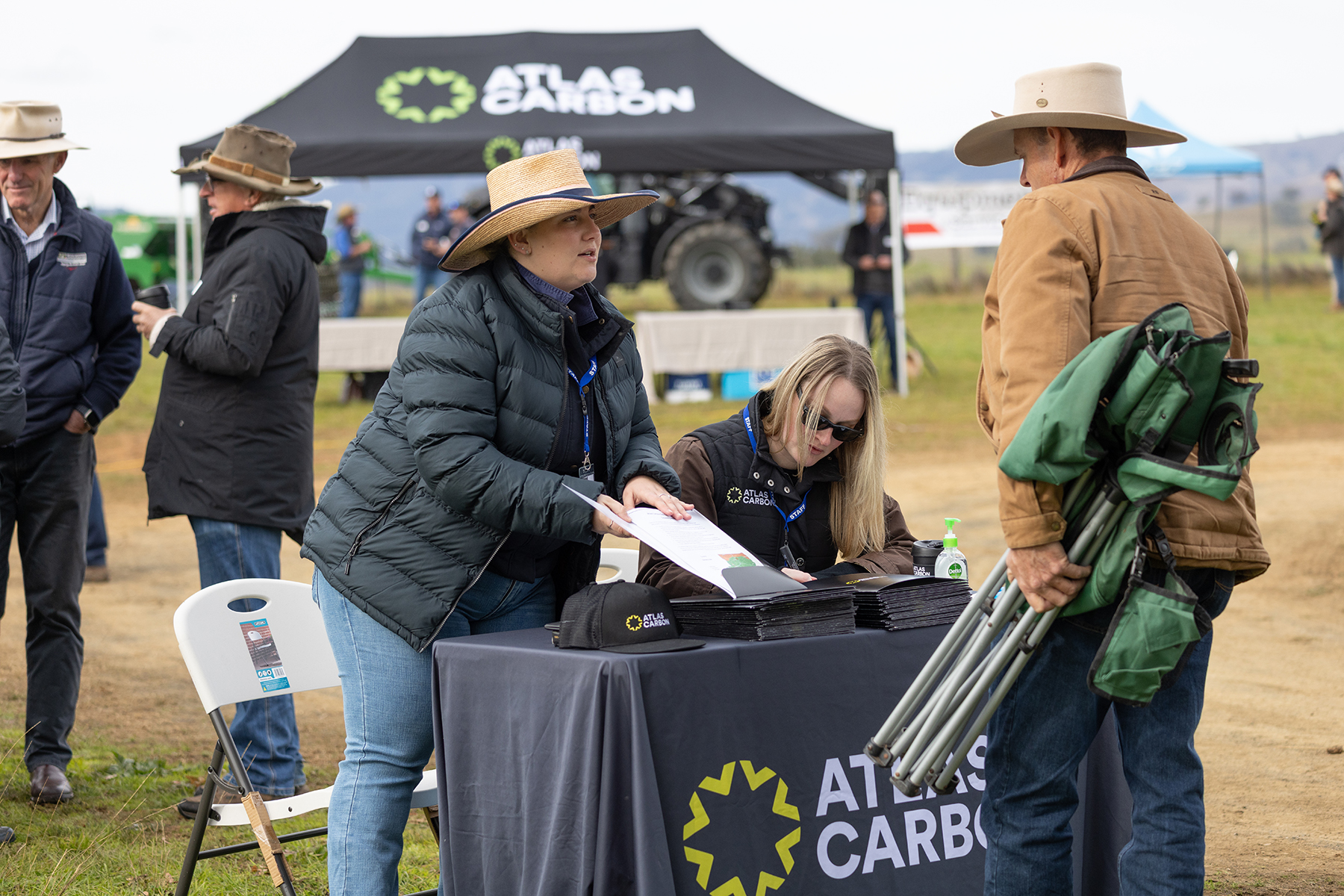
“We are trying to get more resilience in our pastures, and better water holding capacity – making sure our groundcover is as high as it can be at all times,” Jared said.
“We rotationally graze our cattle in large mobs, shifting them frequently to maintain groundcover while maximising weight gain in the animals.
“There are plenty of other producers who implement these techniques without being formally registered in soil carbon projects, so my general approach has been one of listening and looking at where and how we can change things here at Coventry.
“That’s where the real value lies in days like this field day - in having the opportunity to stand around with other producers, ask questions and compare notes.
“My message for anyone considering a soil carbon project would be to do your research, see how it applies to your operations, and make an assessment based on information you trust.”
Taking the plunge
Across a feed base of improved perennial pastures, annual cropping and native pastures, the Doyles see soil health as under pinning the productivity and resilience of both their physical farm, and their livestock business.
The Doyles’ research into soil health led them towards consultation with Atlas Carbon to better understand practical implementation as well as the suitability of their property for a carbon soil project.
From the outset, the couple worked closely with the Atlas Carbon team, including Bart Davidson and Rafe Ritchie, who conducted a site visit, soil and plant tissue sampling and a thorough analysis of their grazing management data to determine the feasibility of a project.
The benefits provided by improved soil carbon are numerous, but productivity and resilience were the key drivers for the Doyles.
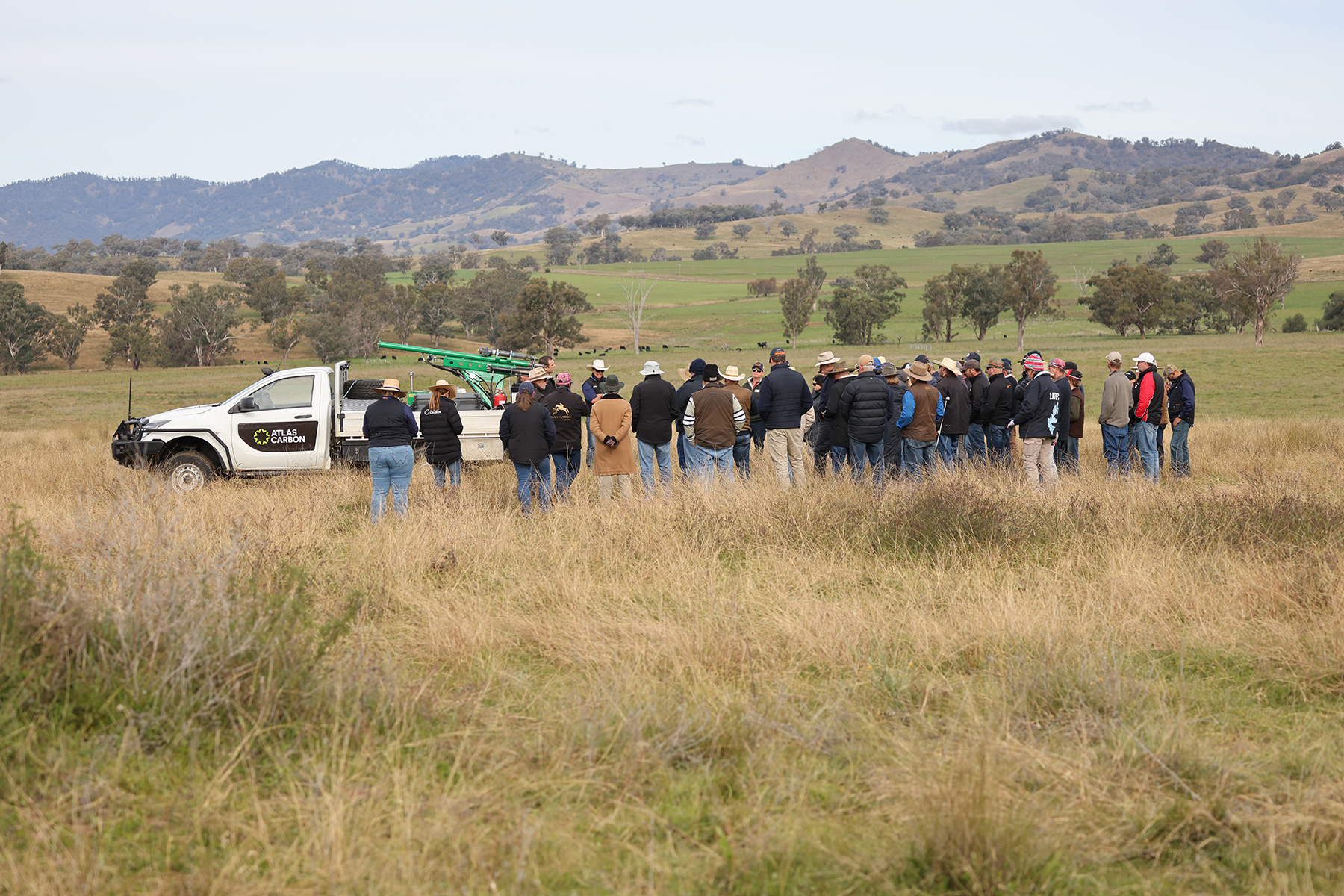
“Environmental benefit is a big motivator, but in terms of outputs from a soil carbon project, it’s secondary for us. The increased production and resilience from better plant and soil health is our number one,” Jared said.
The due diligence and viability assessment process indicated potential farm productivity increases and soil carbon at Coventry, which led the Doyles to then formally register their soil carbon project.
“Registration can be daunting, with quite a lot of regulatory hoops to jump through, but gathering the information and going through the process benefits the producer in the long run,” Jared said.
“It helps inform business planning, and gets you moving in the right direction.”
The field day at Coventry was supported by the NSW Government’s High Impact Partnerships program with Atlas Carbon and Wilmot Cattle Company. This program aims to deliver emissions reduction and promote sustainable land management practices in agriculture to support NSW’s net zero target.
The next High Impact Partnership field day will be held at the McMurtrie family’s ”Yarrandabbie”, Upper Bingara, NSW on the 30th of September 2025.
Subscribe to our mailing list and keep an eye on our social channels for more details in coming weeks.
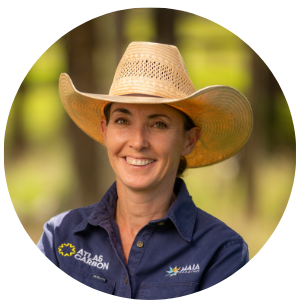
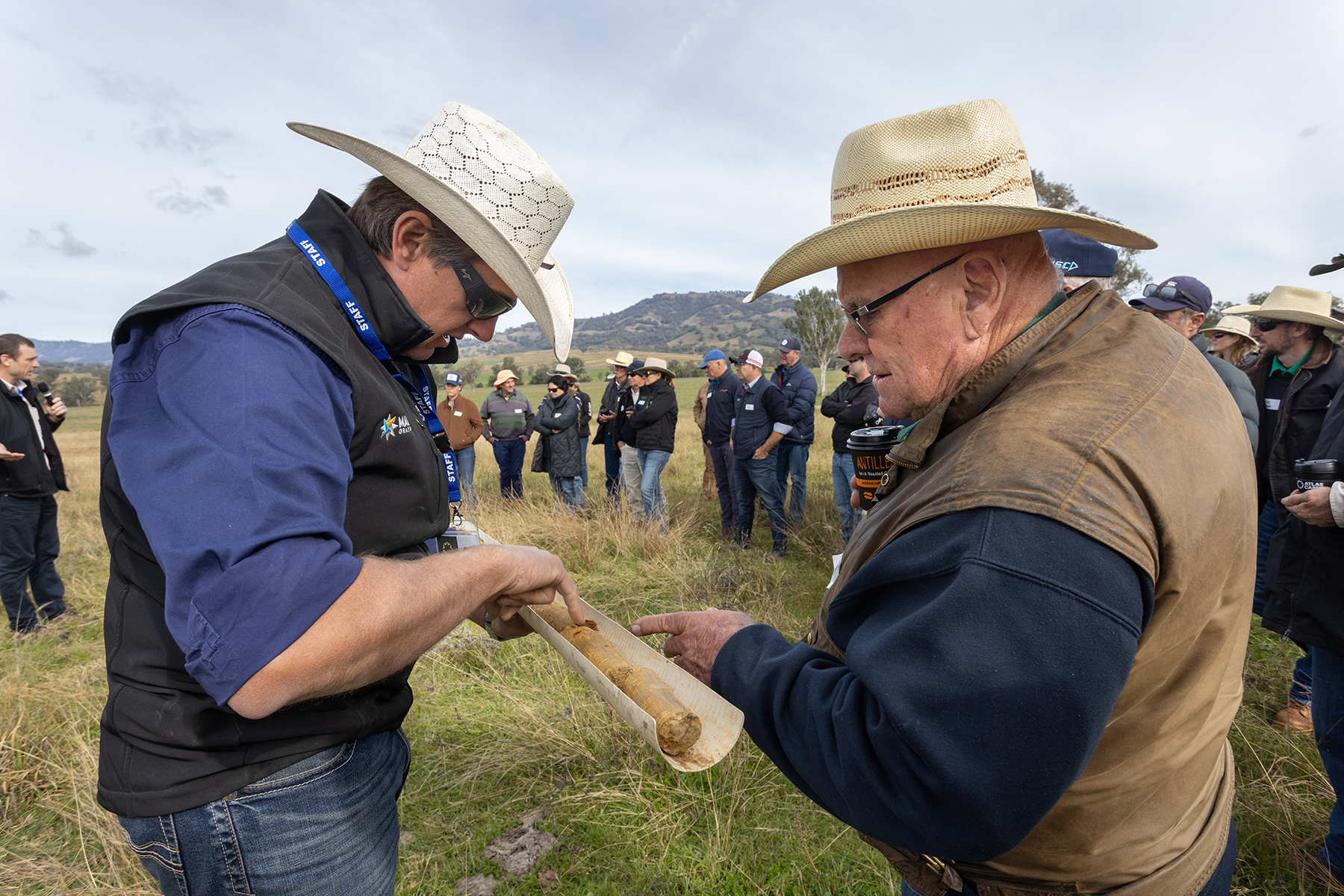
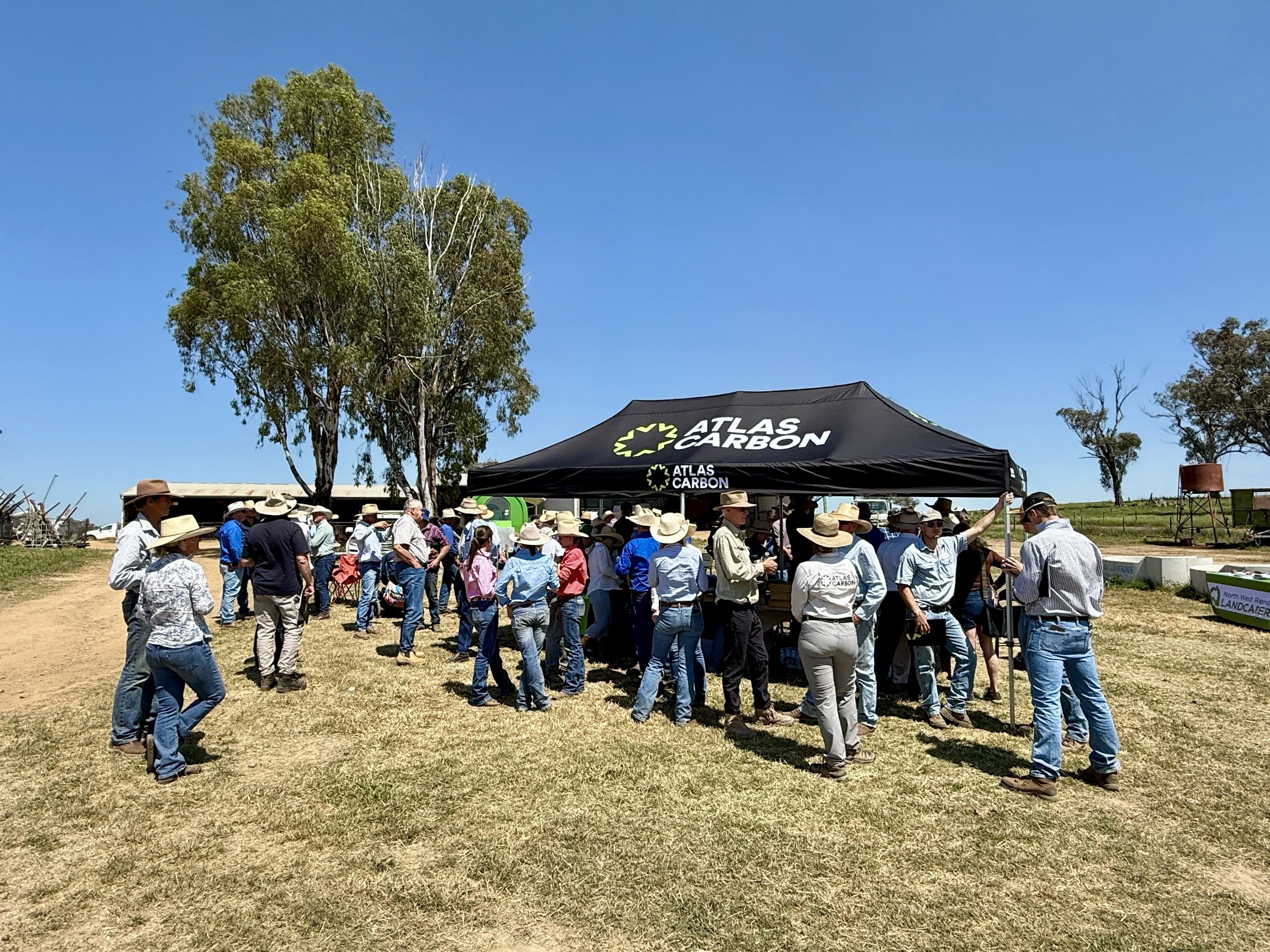
.png)
